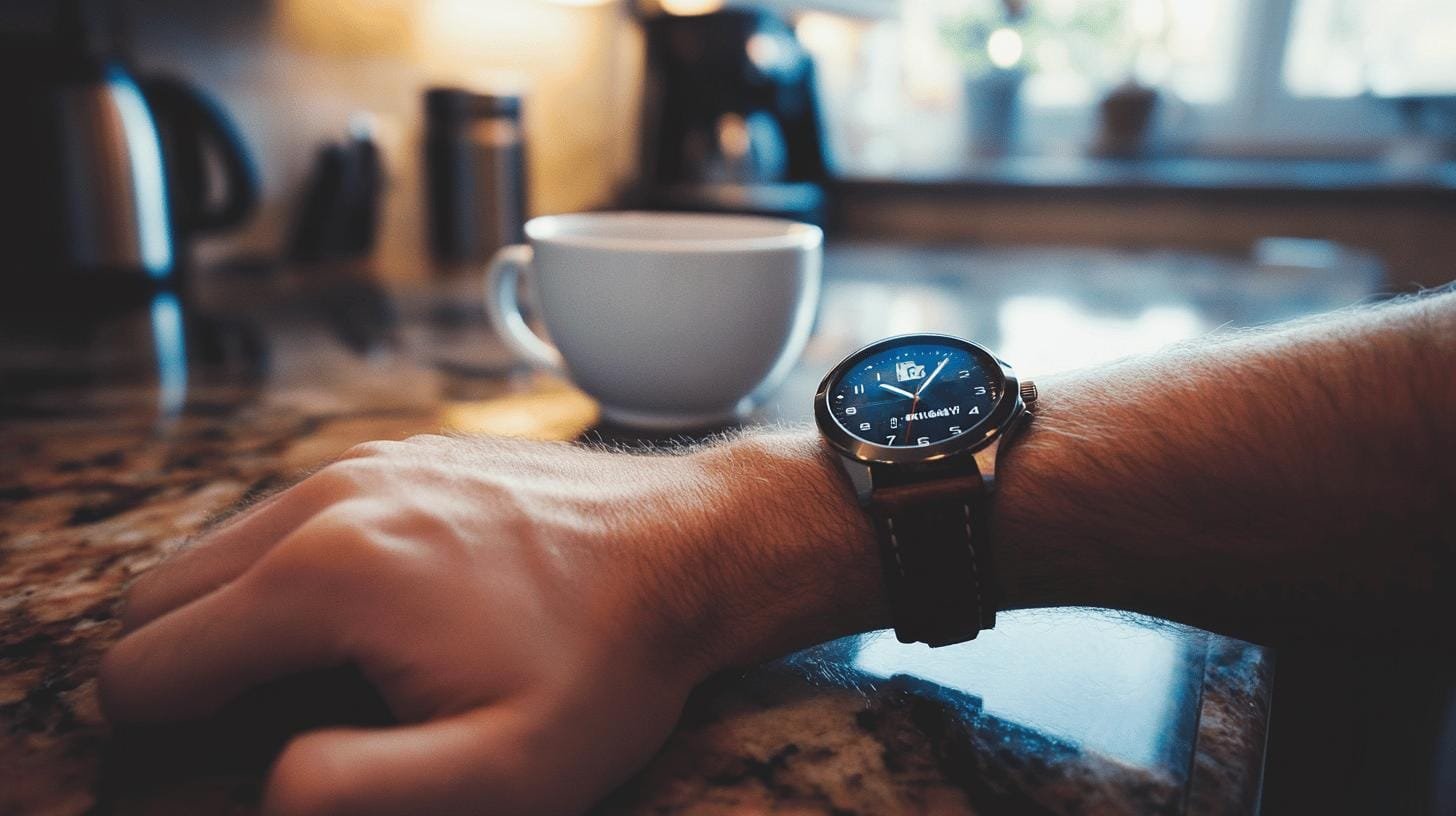
Artisanal Rituals for a Memorable Customer Experience
How can brands create a more balanced and memorable customer experience by blending artisanal product quality with thoughtful everyday rituals that keep people coming back?

Can caffeine throw off the delicate balance of stress test results? It might be more influential than you think. As millions around the globe enjoy their daily coffee, few realize that caffeine can significantly distort the outcomes of cardiac stress assessments. By raising both resting and exercising heart rates, caffeine can create misleading readings during these critical tests. Understanding the caffeine interacts with cardiac evaluations is crucial for accurate diagnosis and treatment. This article explores the link between caffeine and stress test, aiming to provide clarity and actionable insights for those facing upcoming evaluations.
Caffeine influences the heart by raising both resting and exercising heart rates. It also enhances heart contractility, making the heart work harder, even at rest. This can be counterproductive during a stress test. Additionally, caffeine affects blood pressure, potentially skewing cardiac function assessments during the test. Such physiological changes can significantly alter stress test results.
Accurate stress test results are crucial for assessing cardiac health and identifying heart condition risks. Caffeine interference can lead to false positives or negatives, causing unnecessary tests or missed diagnoses. Reliable results are vital for managing cardiac conditions effectively, highlighting the importance of avoiding caffeine before a stress test.

Avoid caffeine for 12 to 24 hours before a stress test to prevent test result interference. Caffeine can influence heart rate and blood pressure, key metrics in assessing cardiac function. By abstaining, patients can help ensure accurate diagnoses and treatment plans. Healthcare providers should be consulted for personalized advice based on individual health and caffeine sensitivity.
Following these guidelines is essential for accurate results and patient safety. Caffeine can lead to false outcomes, necessitating further testing or missed diagnoses. Proper adherence to caffeine restrictions helps achieve reliable outcomes, facilitating effective cardiac management and reducing risks of inaccurate test interpretations.
What happens if you drink caffeine before a stress test? Precision in test results can significantly decrease. Caffeine consumption may cause false positives or negatives, harming cardiac assessments. This may result in unnecessary tests or missed diagnoses, impacting treatment plans and patient outcomes.
Caffeine interference in a nuclear stress test increases the likelihood of arrhythmias, such as ventricular ectopic beats and paroxysmal atrial tachycardia. These conditions can complicate the test process, further distorting results. Avoiding caffeine is essential to maintain heart rhythm stability during the examination.

Avoiding caffeine before a nuclear stress test is crucial for accurate results. Consuming caffeine within 12 to 24 hours before the test can alter heart rate and blood pressure, compromising cardiac assessment precision. Caffeine may interfere with the test medications, emphasizing the need for abstinence.
Consulting healthcare professionals is vital for personalized test preparation. Individual health conditions may require specific adjustments to general recommendations. By discussing preparation steps with a healthcare provider, patients can ensure a smooth testing process and get accurate cardiac health assessments.
Medical guidelines advise avoiding caffeine for at least 24 hours before a stress test. Adhering to caffeine restrictions is crucial for accurate assessments.
Caffeine sensitivity varies widely among individuals. Patients should discuss their caffeine use with healthcare providers before the test. Understanding sensitivity levels helps tailor pre-test instructions. Informing providers of any accidental caffeine intake ensures necessary adjustments in test interpretation, ensuring patient safety and accurate cardiac evaluations.
Navigating caffeine’s influence is pivotal for accurate stress test outcomes. Caffeine can significantly alter heart rate, contractility, and blood pressure, creating challenges in cardiac assessments. Observing caffeine restrictions is crucial; abstain from caffeine at least 12 to 24 hours before testing, and consult healthcare providers for individualized guidance. Awareness of caffeine sources aids compliance, while understanding the risks of consumption helps mitigate false test results and arrhythmia occurrences. Secure testing accuracy by adhering to medical guidelines and fostering transparent communication with healthcare professionals.
Consuming caffeine increases heart rate and blood pressure, potentially altering stress test results and leading to inaccurate cardiac assessments.
Avoid caffeine for at least 12 to 24 hours to ensure accurate stress test results and prevent interference with cardiac function evaluation.
Nicotine can affect heart rate and blood pressure, similar to caffeine, potentially leading to skewed stress test results and inaccurate cardiac evaluations.
Consult with your healthcare provider about discontinuing medications like beta-blockers, which can affect heart rate and test accuracy.
Yes, caffeine can cause false positives by increasing heart rate and blood pressure, potentially mimicking cardiac issues.

How can brands create a more balanced and memorable customer experience by blending artisanal product quality with thoughtful everyday rituals that keep people coming back?

Independent coffee shops have always been about more than caffeine—they’re hubs of creativity, connection, and care. As café culture continues to evolve, new trends are

Introduction Independent cafes win when they feel like the neighborhood’s living room and operate with the discipline of a great kitchen. Below is a quick

Discover how top specialty coffee brands create lasting loyalty through storytelling, sourcing, and community connection. Real tips from 6 industry experts.

Discover the ultimate showdown between two beloved coffee brewing methods: the French press and Chemex. Explore how each technique caters to distinct palates, with the French press delivering bold flavors and the Chemex presenting a bright, clean taste.

Unlock the secrets to brewing the perfect cup of coffee with our comprehensive guide on using a coffee scale. Discover how precise measurements enhance flavor and consistency while eliminating bitterness.

Discover how water temperature plays a vital role in brewing the perfect cup of coffee. This article delves into the ideal temperature range of 195°F to 205°F for optimal flavor extraction, enhancing the enjoyment of high-quality beans.

Discover the world of curated specialty coffee bundles, perfect for enthusiasts seeking quality and craftsmanship. This article explores the benefits of ethically sourced, small-batch beans from brands like Equipoise Coffee, offering diverse flavor profiles that elevate your brewing experience.

Discover the art of manual brewing to elevate your coffee experience! This article explores various techniques like pour-over, French press, and AeroPress, revealing how they enhance flavor and your connection to every cup.